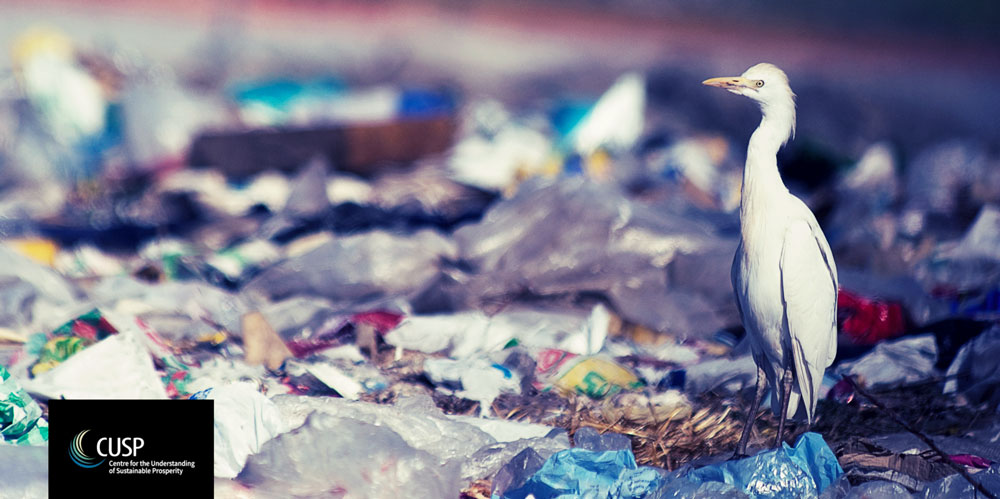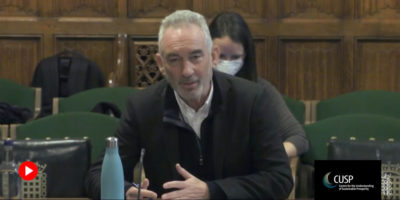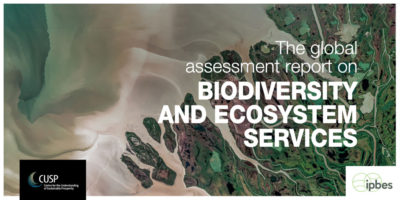Aligning the UK’s economic goals with environmental sustainability
Evidence submission to the UK Environmental Audit Committee’s inquiry
January 2022

There are growing calls from economists and environmentalists for current measures of economic progress to be developed to reflect the importance of sustainable development. The current primary measure—GDP growth—is often presented as a proxy for economic prosperity. The pursuit of growth in GDP is the default policy position, even when it is understood that the measure of GDP is flawed and that the impact of continued economic growth is not sustainable.
The UK Environmental Audit Committee’s remit is to consider the extent to which policies and programmes of UK government departments and non-departmental public bodies contribute to environmental protection and sustainable development, and to audit their performance against sustainable development and environmental protection targets. Ahead of public hearings on 9 February 2022 in which the EAC examines how the UK Government could incorporate environmental sustainability into its leading measures of UK economic success, the committee invited written submissions to address questions around ‘inclusive wealth’, measurement of national wellbeing, and national government accounting.
CUSP evidence was submitted via CUSP director Tim Jackson (1), our partners at the Aldersgate Group (2), and our partners at the IFoA (3). For a full list of written submissions, please see the EAC website.
1 | Beyond GDP Growth Dependency
The evidence submitted by Prof Tim Jackson draws on three decades of expertise in the development of alternative measurements of prosperity, and addresses three broad points related to the inquiry: 1) the limitations of the GDP; 2) the broad alternatives to the GDP; and 3) the concept of GDP growth dependency. It also touches briefly on the meaning and limitations of the concept of ‘inclusive wealth’.
2 | Accounting for natural and human capital
Our partners at the Aldersgate Group responded in particular to questions around natural capital and nature-based solutions, making inter alia the case for a mandatory requirement for large businesses to publish nature-related disclosures to embed risks relating to nature loss in their decision-making.
3 | Understanding biodiversity risk
Our partners at the Institute and Faculty of Actuaries also submitted evidence, building inter alia on CUSP research together with senior accountants and actuaries. Over the past two years, the IFoA has set up a working party (led by Aled Jones) to develop a better understanding of biodiversity risk, alongside a wider set of work on the future of finance and the need to reform economic approaches to better enable a transition to a more sustainable economy.



